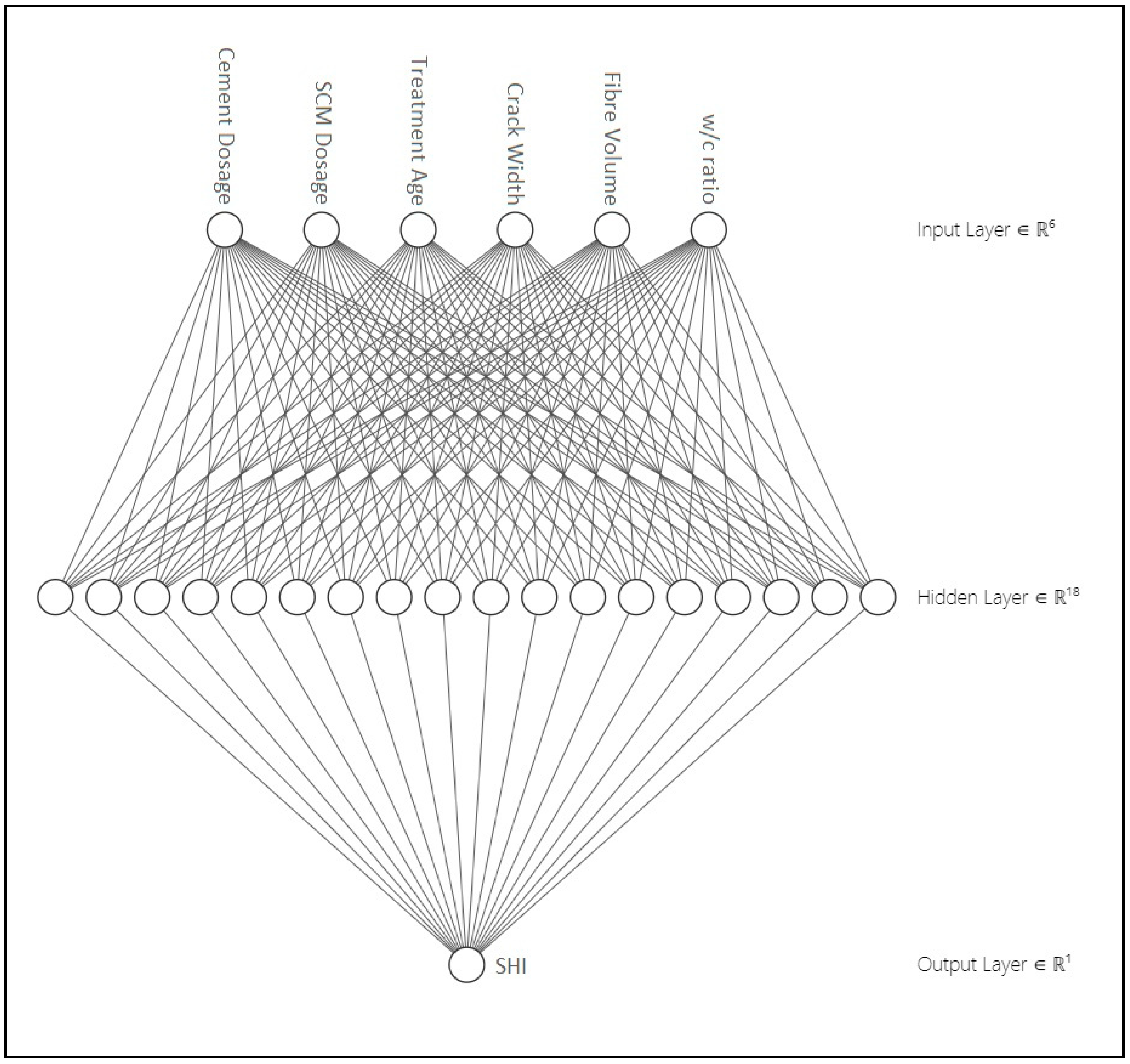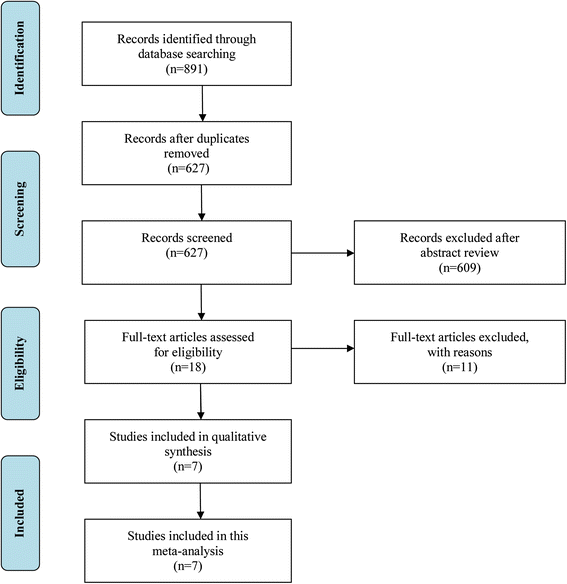
Concrete keywords used related to GM technology were (an asterisk is a replacement for any ending of the respective term quotation marks indicate that the term was used as a whole, not each word alone): GM*, “genetically engineered”, “genetically modified”, transgenic, “agricultural biotechnology”, HT, “herbicide tolerant”, Roundup, Bt, “insect resistant”. The search was performed for combinations of keywords related to GM technology and related to the outcome of interest. We did not extend the review to earlier years, because the commercial adoption of GM crops started only in the mid-1990s. We searched for studies in the English language that were published after 1995. Studies were searched in the ISI Web of Knowledge, Google Scholar, EconLit, and AgEcon Search. Original studies for inclusion in this meta-analysis were identified through keyword searches in relevant literature databanks. Furthermore, we analyze several factors that may influence outcomes, such as geographic location, modified crop trait, and type of data and methods used in the original studies. We estimate mean impacts of GM crop adoption on crop yield, pesticide quantity, pesticide cost, total production cost, and farmer profit. For these crops, a sufficiently large number of original impact studies have been published to estimate meaningful average effect sizes. Our meta-analysis concentrates on the most important GM crops, including herbicide-tolerant (HT) soybean, maize, and cotton, as well as insect-resistant (IR) maize and cotton. Second, we go beyond average impacts and use meta-regressions to explain impact heterogeneity and test for possible biases. For instance, in addition to other impacts we analyze effects of GM crop adoption on pesticide quantity, which previous meta-analyses could not because of the limited number of observations for this particular outcome variable. In the emerging literature on GM crop impacts, new studies are published continuously, broadening the geographical area covered, the methods used, and the type of outcome variables considered.

First, we include more recent studies into the meta-analysis. While earlier reviews of GM crop impacts exist –, our approach adds to the knowledge in two important ways. We have carried out a meta-analysis that may help to consolidate the evidence. Uncertainty about GM crop impacts is one reason for the widespread public suspicion towards this technology. However, some argue that the evidence about impacts is mixed and that studies showing large benefits may have problems with the data and methods used –.

There are also plenty of studies showing that GM crops cause benefits in terms of higher yields and cost savings in agricultural production –, and welfare gains among adopting farm households –. Numerous independent science academies and regulatory bodies have reviewed the evidence about risks, concluding that commercialized GM crops are safe for human consumption and the environment –. Neither BMZ nor FOODSECURE and any of its partner organizations, any organization of the European Union or the European Commission are accountable for the content of this article.Ĭompeting interests: The authors have declared that no competing interests exist.ĭespite the rapid adoption of genetically modified (GM) crops by farmers in many countries, public controversies about the risks and benefits continue –.

The funders had no role in study design, data collection and analysis, decision to publish, or preparation of the manuscript. All relevant data are within the paper and its Supporting Information files.įunding: This research was financially supported by the German Federal Ministry of Economic Cooperation and Development (BMZ) and the European Union’s Seventh Framework Programme (FP7/2007-2011) under Grant Agreement 290693 FOODSECURE. This is an open-access article distributed under the terms of the Creative Commons Attribution License, which permits unrestricted use, distribution, and reproduction in any medium, provided the original author and source are credited.ĭata Availability: The authors confirm that all data underlying the findings are fully available without restriction. Received: JAccepted: OctoPublished: November 3, 2014Ĭopyright: © 2014 Klümper, Qaim. PLoS ONE 9(11):Įditor: emidio albertini, University of Perugia, Italy Citation: Klümper W, Qaim M (2014) A Meta-Analysis of the Impacts of Genetically Modified Crops.


 0 kommentar(er)
0 kommentar(er)
